The 2014 EP Elections across Europe
-
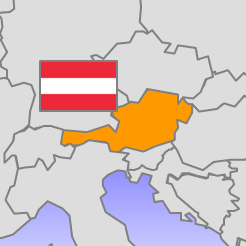
Austria: No one loses, all win?
Carolina Plescia and Sylvia Kritzinger Introduction Austria went to the polls…
-
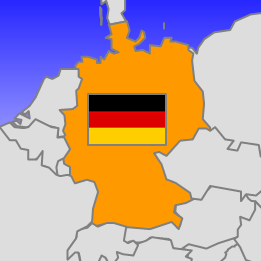
Germany: Merkel does not stand out but holds
Carolina Plescia and David Johann Introduction Germany went to the polls…
-
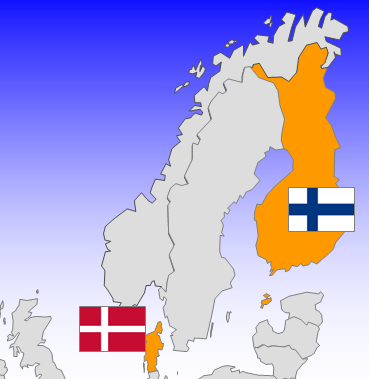
Finland and Denmark: Unprecedented win for the far-right in Denmark, while Finland rewards established parties from the centre
Nina Liljeqvist and Kristian Voss Finland Populist and EU-critical Finns Party…
-
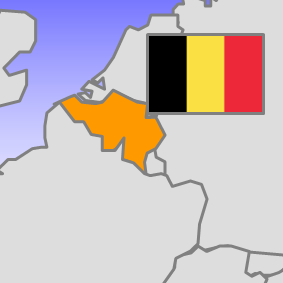
Belgium: far beyond second-order.
Tom Verthé In Belgium the elections for the European Parliament have…
-
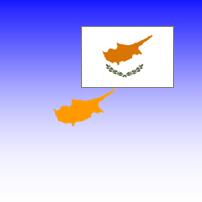
Cyprus: Disapproval through abstention in EU’s remotest ‘outpost’
Konstantinos Athanasiadis Abstention ruled supreme in the European elections held on…
-
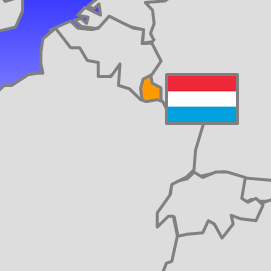
Luxembourg: the first EP-only vote
Patrick Dumont and Raphaël Kies The context For the first time…
-
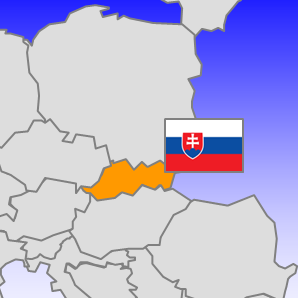
Slovakia: record holder in the lowest turnout
Peter Spáč On May 24 the election to European parliament was…
-
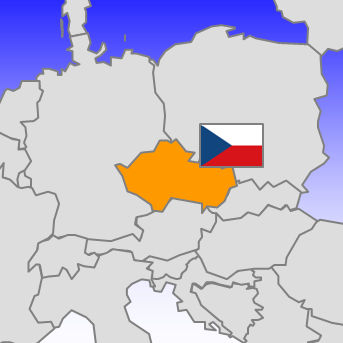
The Czech Republic: Where Have All the Voters Gone?
Vlastimil Havlík Twenty-one MEPs representing the Czech Republic (1 MEP less…
-
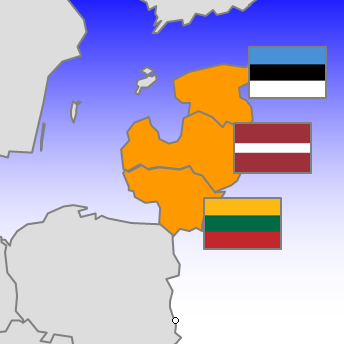
The Baltic states: mixed results for incumbents
Liisa Talving and Lukas Pukelis Estonia The third European Parliament elections…
-
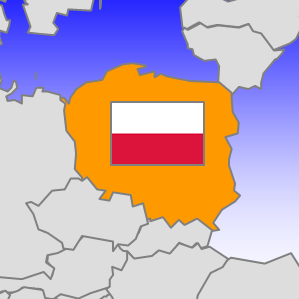
Poland: Old turnout and New Right
Michał Kotnarowski and Mikołaj Cześnik Introduction: the context The European Parliamentary…